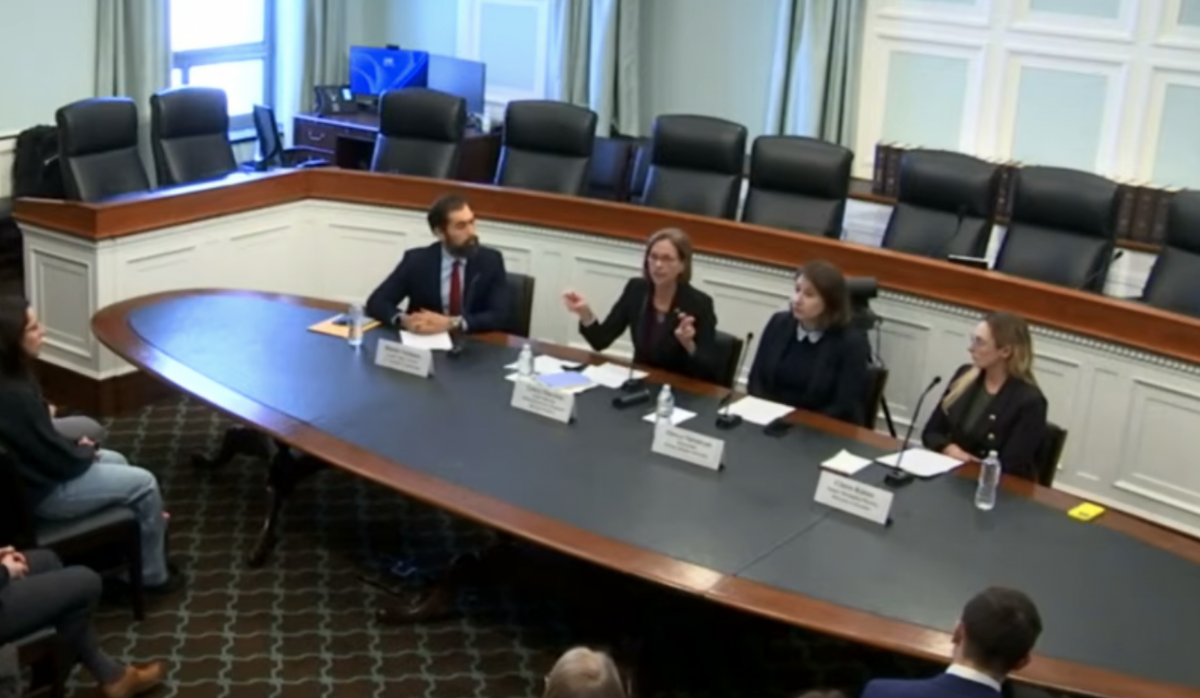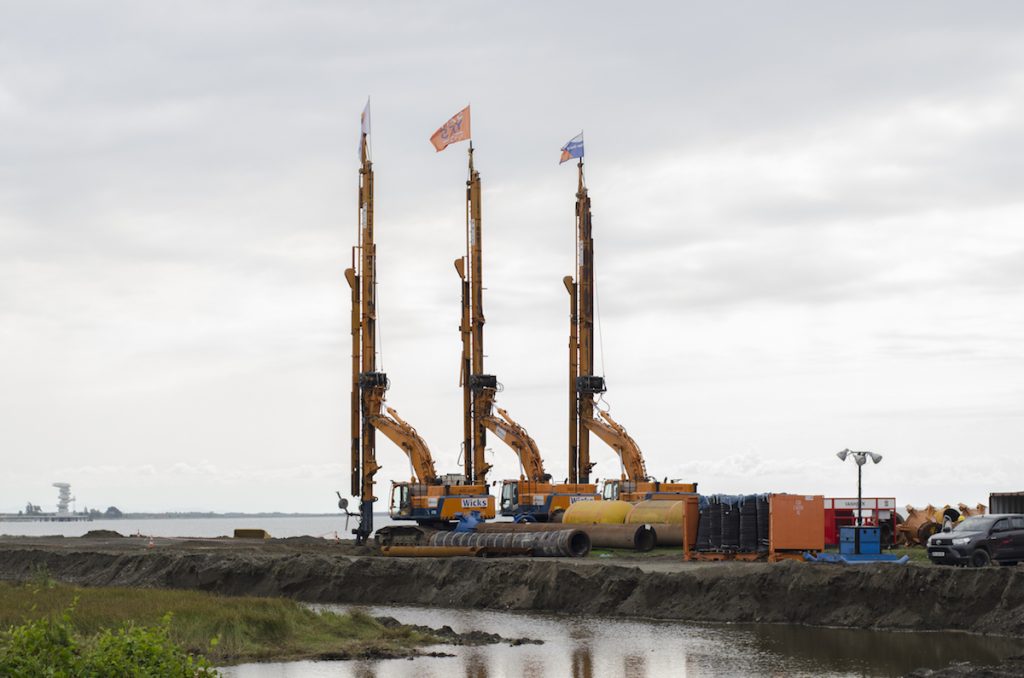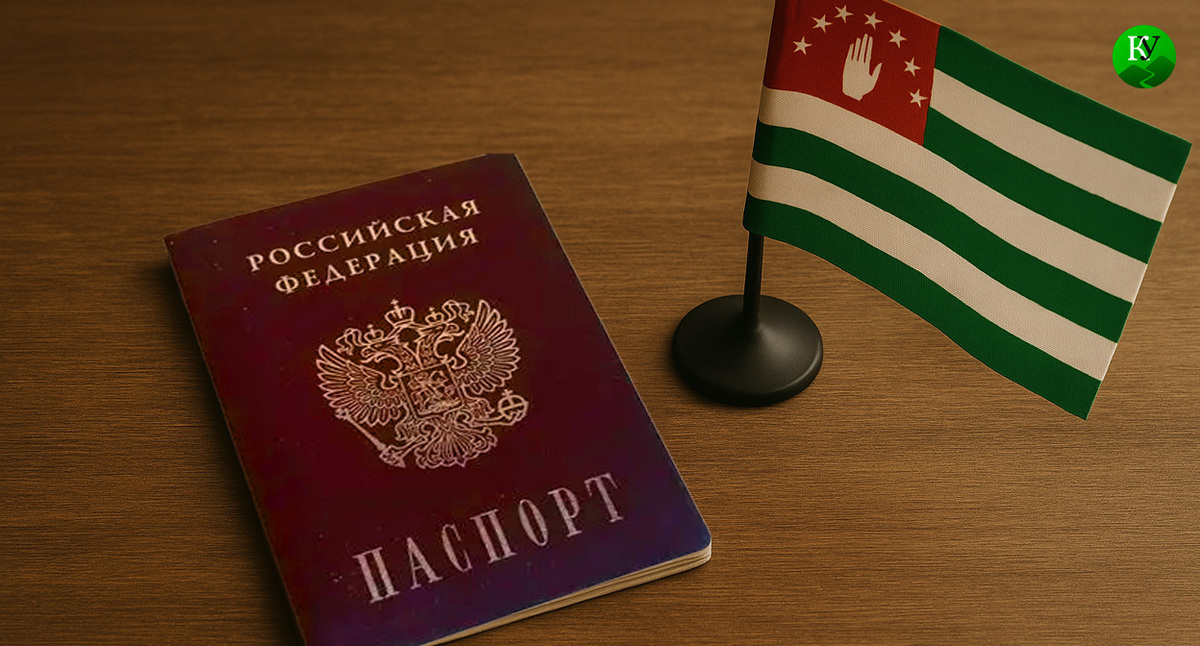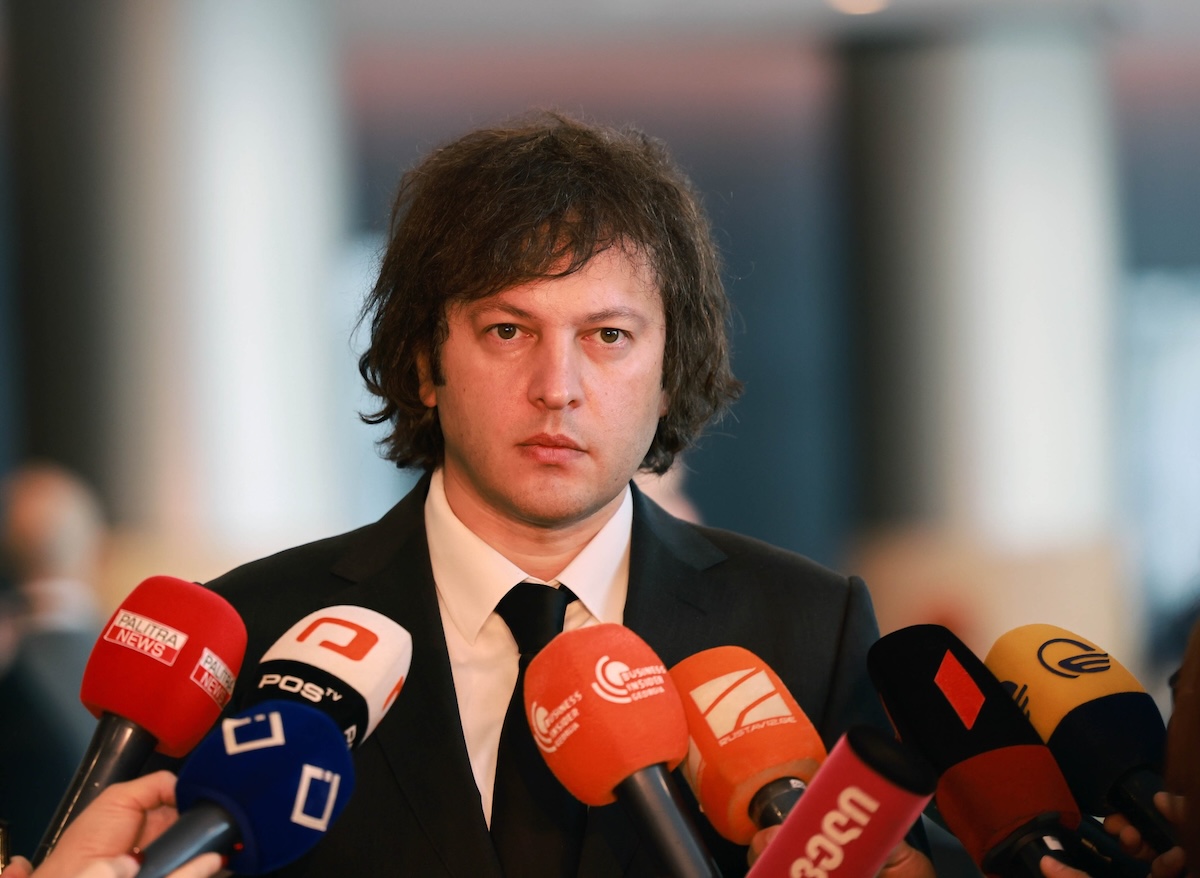Is there oil in Abkhazia? - why it’s such a controversial issue
Is there oil in Abkhazia?
Abkhazia is actively discussing the prospect of drilling for oil.
This idea is not a new one – the possibility of oil production in Abkhazia was first looked at during the Soviet period in the 1980s, when 22 wells were drilled at the Abkhaz coast of the Black Sea.
Now the government of Abkhazia has revisited the topic, and licenses have been extended to Rosneft and Abkhazia-Oil to explore the possibility and extract the natural resource.
• Russian loan issued for railway rehabilitation in Abkhazia – fraud or not?
• When will Azerbaijani oil end?
Supporters of the idea say that oil would give Abkhazia considerably more independence.
However, a large portion of the public aren’t excited about the idea, and are concerned that oil production will pose a serious threat to the environment.
On 31 January, social media users called for a rally on Sukhum’s Freedom Square in protest of the move to explore the country’s oil potential.
But nobody came to the rally. Not even the organizers.
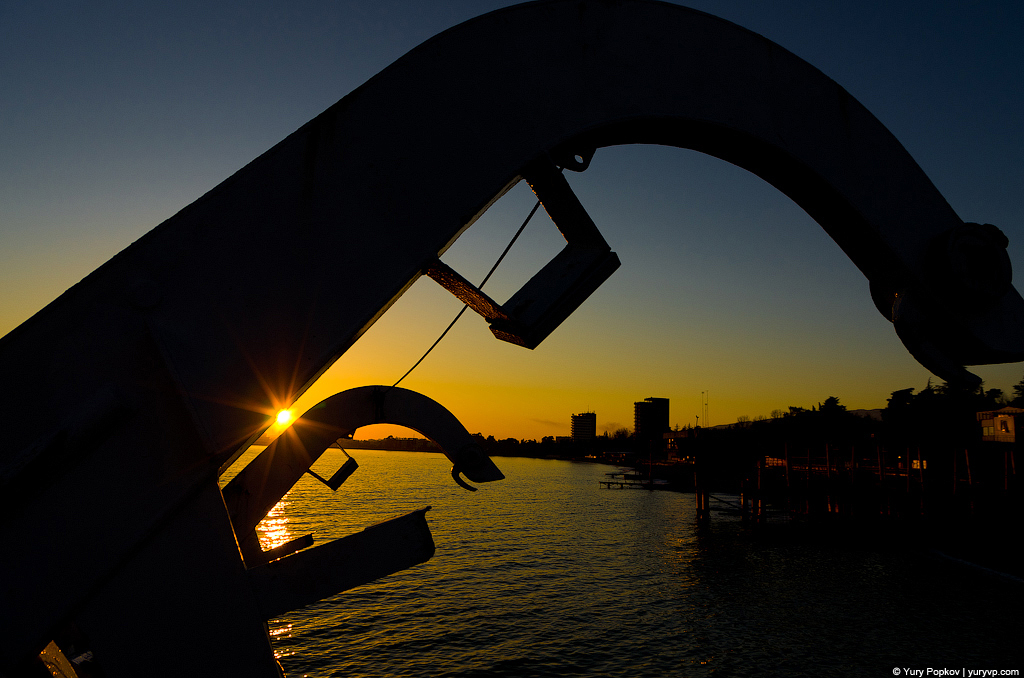
Background
Petru Kazanba is a 81-year-old pensioner who lives in Sukhum. Back in the 1980s, he was head of the Soviet Department of Geography, Geodesy and Cartography. Kazanba is one of the few sources of real information that oil was discovered in the village of Okum in the Tkuarchal district in the 1980s and that it was of good quality.
“Signs of oil were found at a depth of 2,900 metres, so we began drilling there. But in 1992, the Georgian-Abkhaz war broke out and the project stopped,” Peter Kazanba told JAMnews.
He said that Abkhazia could possibly produce between 10-15 tonnes of oil per day, adding: “This is not a volume [of extraction] that could harm the environment.”
It is difficult to name other sources confirming Soviet oil exploration in Abkhazia.
Back in 2010, then-president Sergei Bagapsh told Kommersant that during the Soviet era, 22 wells were drilled at the Abkhaz coast, and that in a depression near the city of Gudauta there are large deposits of high quality oil.
But Bagapsh cited the source of his info as “the data of Soviet geological intelligence”. Nobody has presented this data yet.
Oil back on the agenda
In 2010, the Russian company Rosneft and the Abkhaz company Abkhaztop signed an agreement on the creation of a company called RN-Abkhazia, 51 per cent of which is owned by Rosneft and 49 per cent by the government of Abkhazia.
In 2013, the company was granted the rights to explore and extract hydrocarbons on the Gudauta shelf of the Black Sea for a period of 45 years.
RN-Abkhazia was to explore there and evaluate potential oil fields.
Work began, but two years later, the Abkhaz parliament got worried.
In 2015, the parliament recommended that the Cabinet of Ministers suspend the license and create a commission to assess the economic benefit of oil production and the risks to the environment.
Rosneft then said that Abkhazia must compensate the company for their investments. The company’s statement noted that projects to survey the area and extract oil in Abkhazia had been given support by Russian President Vladimir Putin during his visit in 2013.
The commission was created, but the matter was never resolved and exploration stopped as well.
Four more years passed. In January 2019, the Cabinet of Ministers of Abkhazia decided to extend licenses to RN-Abkhazia “to conduct geological studies, exploration and production of hydrocarbons in the territory of the republic.”
Rally, referendum against oil exploration did not take place
The decision to extend the license received a strong response from social media users, who called for a rally to be held against oil production. Many proposed that a referendum be held – 28 people submitted an official application to register the idea.
The question they were planning to submit to the referendum sounded like this:
“Do you agree with the introduction of a moratorium (ban) on oil production in the territory of Abkhazia for a period of 20 years?”
The initiators recorded the video and spread it on social networks. In the video below, social activist Ilya Shadania, on behalf of the initiative group, appeals to the authorities with the demand to first coordinate the decision with society – and only then issue licenses for exploration or development.
But two days later, the initiators withdrew their application. Why is unknown.
Concerning the rally on Freedom Square, calls to hold a protest were first posted on Facebook by anonymous users – many nevertheless supported these appeals in the comments and wrote that they would definitely show up.
However, on 31 January at 13:00, only police officers and two journalists appeared on the square near the Council of Ministers.
Now, ironically, social media users are angry with themselves. Some typical comments:
“Do people really get together via Facebook? It was very disappointing. This speaks to the frivolity of people.”
“Many who wrote comments and urged others to come out were far from anonymous. As always, they were sitting at home on the couch [ruling] from there. [They were] just ranting.”
“For such events, for an issue as important as this is to all of us, it isn’t people on Facebook that should tell us to come out. We need people with initiative who will communicate with the people not only on the internet, but in person as well.”
Don’t expect any miracles
World experience shows that there are no guarantees of safety and protection when it comes to the environment and oil production, says public figure Alkhas Tkhagushev.
“To link the resorts of little Abkhazia to an oil rig is extremely dangerous. In the event of an oil spill, large countries [can handle it]. But what will we do if something happens?
“We should think very seriously and examine the situation and only then discuss the possibility of producing [oil],” Tkhagushev said in an interview with Apsny Today Media Club.
Tkhagushev also says that he is against oil production “because of the inefficiency of the state apparatus”.
“We have a systemic crisis in many areas. Now we are starting to discuss a new sector, and for some reason we expect that there will be some kind of miracle here. And that there will be no corruption, there will be no ineffective management, and we will achieve excellent results,” says Tkhagushev, adding that there is only one scenario in which Abkhazia should start producing oil – if Georgia decides to start developing possible oil deposits near the territory of Abkhazia.
“But this is an extreme case,” says Tkhagushev.













